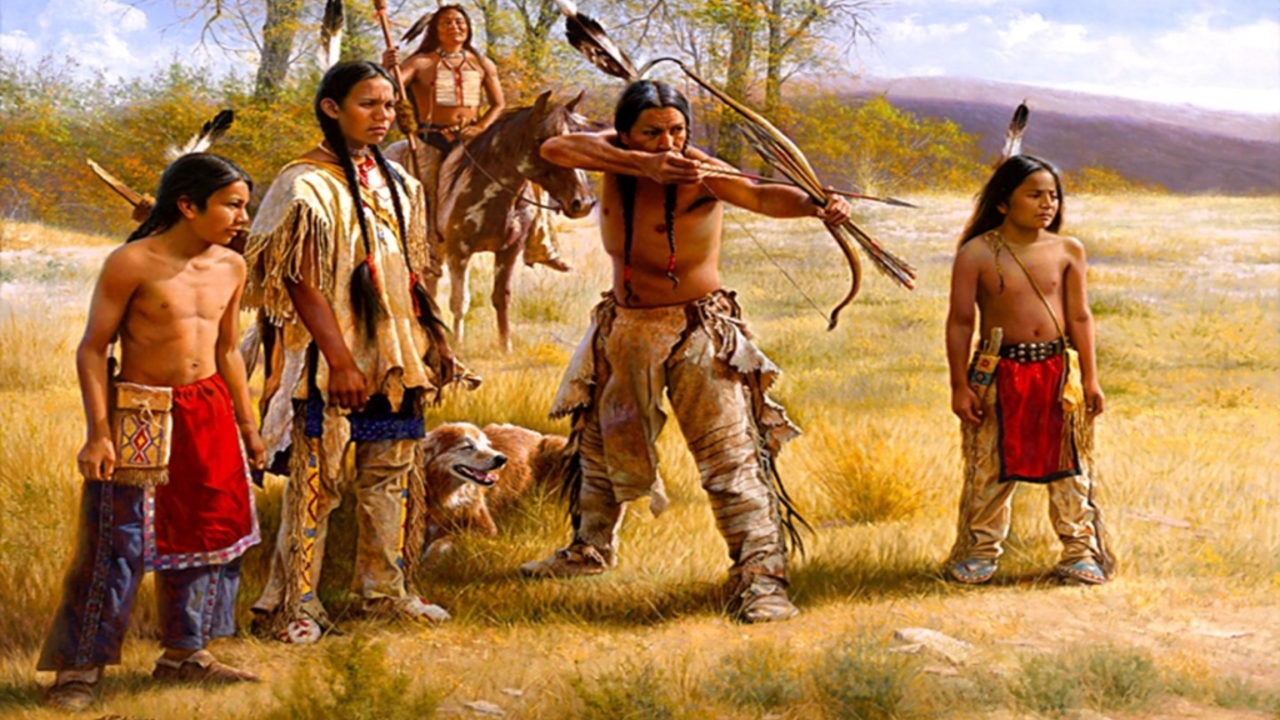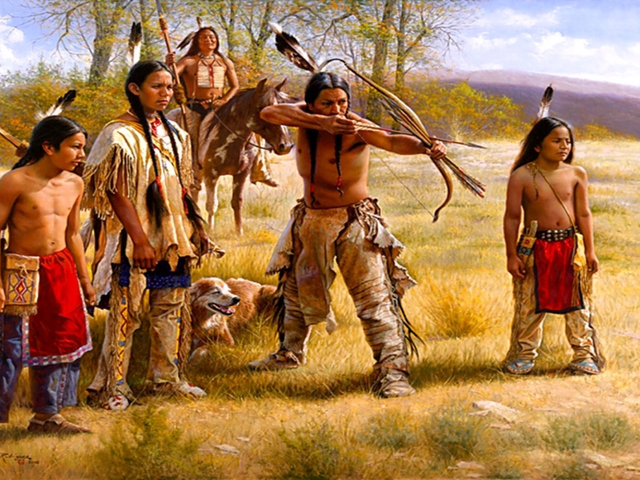Understanding the N-word and Its Historical Context
In this section, we will delve into the history and significance of the N-word. This term, a racial slur, is deeply rooted in the history of African Americans. It was widely used during the era of slavery and segregation, and has since been used to oppress, belittle, and demean people of African descent. Its usage has been a topic of intense debate and controversy, given its historical connotations and the pain it can inflict. In modern times, some communities and individuals have sought to reclaim the word, using it as a term of camaraderie or endearment, while others still see it as a symbol of racism and oppression.
The Use of the N-word by Non-Black Individuals
The usage of the N-word by non-Black individuals is a contentious issue. Some argue that if the word is used in a non-derogatory context, or as part of pop culture or music, it should be acceptable. However, others maintain that due to its historically offensive connotation, it should not be used by those outside the Black community. This argument stems from the belief that using the N-word can unintentionally perpetuate racial stereotypes, reinforce systemic racism, and disrespect the painful experiences of African Americans.
Indians or Native Americans: Their Relationship with the N-word
Indians or Native Americans, like other racial or ethnic groups, have a distinct history and cultural identity. Their experiences with racial discrimination, while similar in some respects, are not identical to those of African Americans. While some Native Americans may feel a kinship with the African American struggle and may use the N-word as a form of solidarity, the majority do not. They understand that the racial slur carries a historical weight and pain that is not theirs to appropriate. Indeed, many Native Americans argue that using the N-word dilutes the unique experiences and struggles of both communities.
The Role of Respect and Empathy in Language Use
At the heart of this issue is a fundamental principle: respect. Using language that has historically been used to degrade and oppress a particular group of people is disrespectful. Even if the intention is not to offend, the potential for harm is great. This is especially true with the N-word, given its deeply ingrained associations with racism and prejudice. The act of choosing our words carefully is a demonstration of empathy for the experiences of others. It shows a willingness to learn from history and to treat others with dignity and respect.
The Power of Language Reclamation
Language reclamation, or the process of reclaiming derogatory terms and transforming them into positive identifiers, is a powerful tool for marginalized communities. However, it's not a process that can be appropriated by everyone. The reclamation of the N-word, for instance, is a movement within the African American community. It's an attempt to take a weapon of hate and turn it into a symbol of camaraderie and resilience. This process is deeply personal and specific to the African American experience, and it should be respected by those outside the community.
Conclusion: Navigating the Complexities of Language Use
In conclusion, the use of the N-word by Indians or Native Americans, or indeed by any non-Black individual, is a complex issue. While it's important to respect the freedom of speech and artistic expression, we must also consider the historical significance and potential harm associated with certain words. We must navigate this linguistic landscape with empathy, respect, and a willingness to learn from our shared histories. By doing so, we can foster a more understanding and inclusive society.








Write a comment